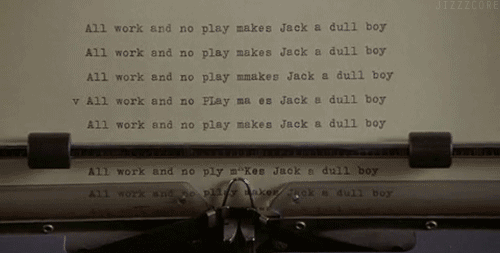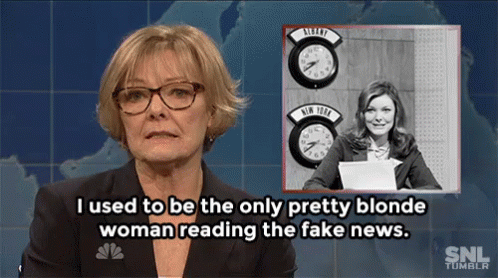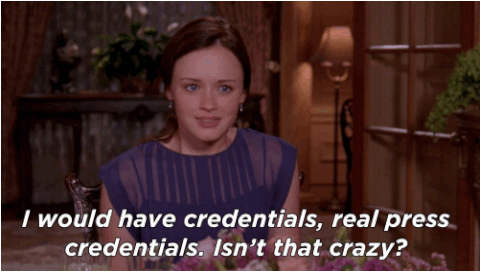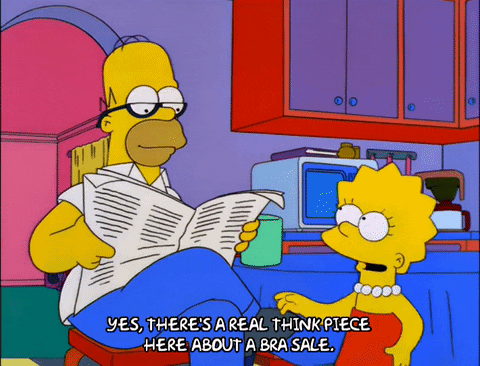The first rule of media fight club: Keep saying 'no one tells me what to say' as if that's really true
Oh no, I don't mean you, famous columnist, I'm certain you are immune

The media-specific equivalent of ‘not all men’ is ‘nobody tells me what to say’. If you ever point to systematic problems with the media — British or international — you will hear columnists and broadcasters howling in unison, “No one tells me what to say!”
It’s both true and bullshit at the same time.
For a time, I was a contracted writer for Telegraph Blogs, a segment of the Telegraph website which was run as a kind of unhinged wild west by Damian Thompson. Nominally, I was Chief Tech Blogger, but in reality, for the princely sum of £1,000 a month, I was contracted to write as many words as they could wring out of me. I was desperate for attention and professional success, so I wrote a lot.
While my editors certainly steered me to particular topics, it is true that ‘no one told me what to write.’ But while I was more leftwing than most of the writers contributing to Telegraph Blogs — serving as a kind of dumb example of plurality, “Look! We let this idiot write his leftwing doggerel’ — I also knew the limits of what I could write, of what ideas would be allowed, where I could push and where I couldn’t. They didn’t need to explicitly tell me what I could say because the rules were implicitly there in every interaction.

Doing that job — writing commentary that was sometimes considered but mostly fast reaction to things that were happening in the media, politics, and technology — involved ratcheting all of my opinions up to 11, and sometimes performing more extreme opinions to make the columns more entertaining, provoke a response from readers — the commenters there were split about 20:80 between people who were fervent fans of my writing and those who would happily have killed me and thrown my pale body into a ditch (they told me this frequently).
Nobody told me what to write. But I knew what the rules were.
The same goes for even the most famous of columnists. There are assumptions and underlying structures that every British journalist — and journalists in our countries too, especially the United States — is aware of. Wonder why hacks can slip from the Daily Mail to The Guardian to The Telegraph to the BBC to Sky News and back again? Because while no one is explicitly telling them what to write, they know what the rules are. If they didn’t, they wouldn’t be allowed to write or broadcast in the first place. These assumed truths are known by everyone and barely ever spoken out loud:

1 You fear the owners
2 You defend landowners and landlords over renters
3 Benefits are necessary but bad really
4 The Royal Family is necessary and the ‘people’ love them
5 The media is doing its best and there are no really fundamental structural problems
6 It’s fine to frame critics of the media as conspiracy theorists
7 You suck up to a certain set of columnists and commentators — they are just unequivocally good and when they publish something new, you rush to say what a genius they are.
8 While you can fight with someone from another publication on television, for entertainment purposes, you’ll drink with them in private — it’s professional wrestling
9 Any reporter, writer, columnist or talking head can be an absolute piece of shit to ‘normal’ people and you will not criticise them if they are fun to have drinks with
No one tells them what to say, it’s just the system tells them what they can’t say every second of every day. And one of the things you cannot say is that the system exists in that way at all. It’s the first rule of media fight club.



